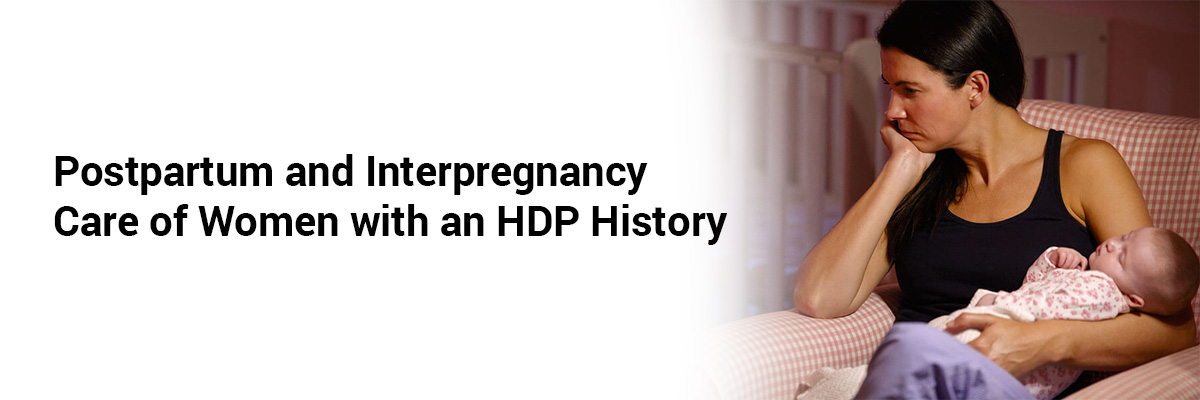
Postpartum and Interpregnancy Care of Women with an HDP History
Hypertensive disorders of pregnancy (HDP) are frequent complications that significantly impact maternal and neonatal health globally. Long-term cohort studies have shown that women with a history of HDP are more likely to experience recurrent HDP in future pregnancies and are at increased risk for cardiovascular and metabolic diseases later in life. Pregnancy places significant stress on maternal cardiac and metabolic systems – acting as a "maternal stress test" for future health issues. The pregnancy and postpartum periods provide crucial opportunities to identify women with previously unrecognized cardiovascular and metabolic risk factors. A recent review articles discussed the postpartum and interpregnancy care for women who have experienced HDP and examined the current scenario and challenges of related healthcare initiatives in Japan.
Creating effective postpartum healthcare programs for women with a history of HDP is essential to reduce the risk of future health complications. Postpartum care includes support for both mothers and children, focusing on physical and psychological well-being and long-term preventive health management. Interpregnancy care, which follows postpartum care, aims to prepare women for future pregnancies through supportive measures.
Several initiatives worldwidehave attempted to establish follow-up programs for women with a history of HDP. However, evidence on the effectiveness of these programs remains limited. Significant challenges persist in creating efficient postpartum follow-up care, including developing educational strategies, choosing effective lifestyle interventions, and ensuring collaboration among healthcare providers.
Source: Ushida T, Tano S, Imai K, et al. Hypertension Research. 2024 Mar 11:1-3.















Please login to comment on this article